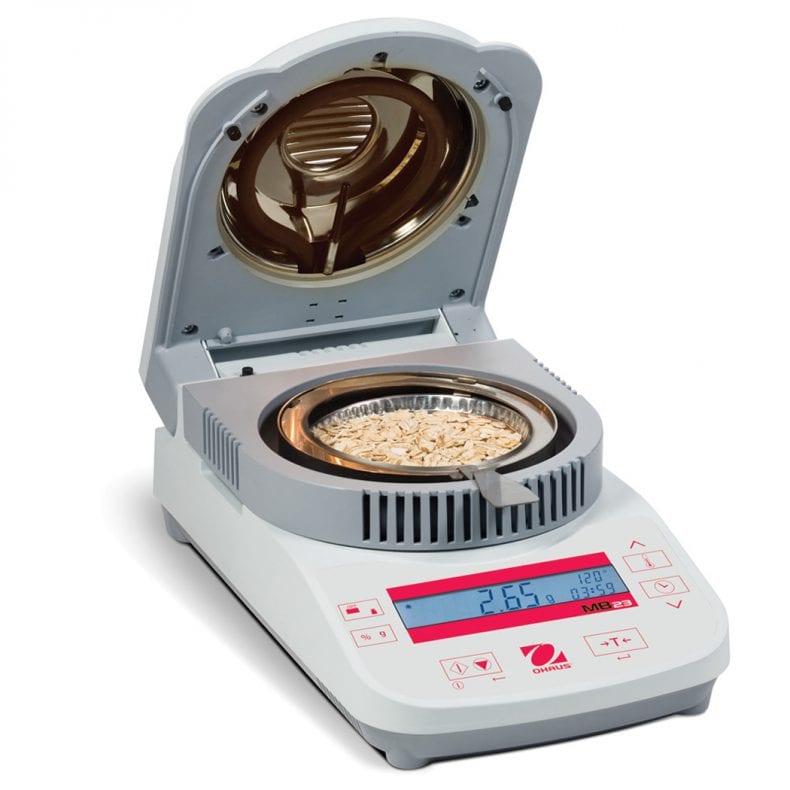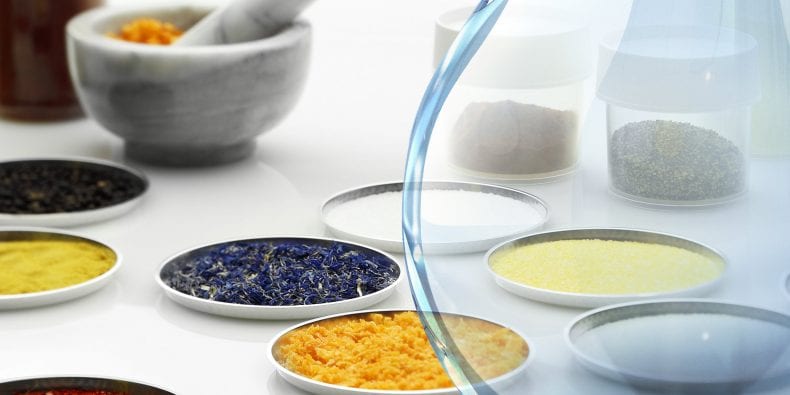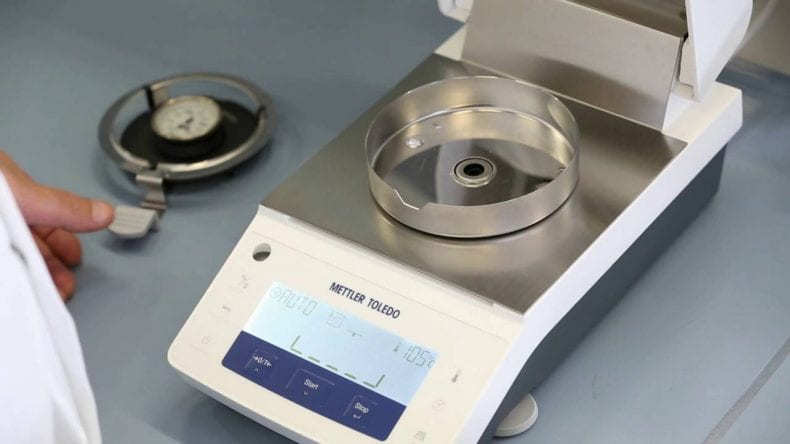You might wonder what a moisture analyzer is, how it works, and what it actually does. Well, in this article, you will be able to read about moisture analyzers, as well as what benefits do you get from using it. Hence, let’s take a look:
What is a moisture analyzer?

These analyzers are also referred to as “moisture balances”. They are instruments that will determine the moisture level and content of different samples. Since different things react to specific types of drying procedures, they need to be highly customizable. Moisture analyzers are usually connected to computers in order to analyze and observe the whole drying process, as well as its effect on the specific sample. You will be able to save the test results in the device’s memory in order to repeat testing parameters without the need to set the analyzers again, which makes it time-efficient.
How does it work?
To put it simply, the analyzer will weigh a sample, it will then heat up in order to dry it, and at the end, it will weigh it again once it is dry. This is called Loss on Drying (LOD) which is a usual method for measuring the moisture in samples. The weight after the same dries is subtracted from the weight it has before, so it can be determined what was the moisture loss.
What is it used for?

Moisture analyzers are used in various industries for a wide range of purposes. However, there are two most industries that commonly use it:
1. The food industry – one of the most important things in the food industry is moisture control. If there is too much moisture, it could lead to bacterial growth or staleness. A lot of products are sold by weight, so it is necessary to make sure that the consumers are not overpaying for the weight. On the other hand, too little moisture can make the food dry or reduce the calories count. Moisture affects consistency, appearance, shelf life, and taste.
2. Laboratory – these instruments are commonly used in quality control and other laboratories. They are used in various fields in order to determine the content in fuel, crude oil, chemicals, solids, liquids, and sewage sludge.
The benefits of using moisture analyzers

There are various benefits to using moisture analyzers, and in this list, you will be able to find out some of them:
1. Firstly, it is perhaps, one of the most effective ways and it is quite easy to use. Unlike oven methods and wet chemistry, this instrument will allow you to get more relevant results in a few seconds. Also, it will repeat the whole process in order to ensure that the results you get are correct. And one more thing, this type of instrument will allow you to test almost every material, for example, you can test plastic, paint, fabric, tobacco, dried fruit, seeds, or even potting soil.
2. According to the experts from DSC Balances, whether you are in a chemical, research, or pharmaceutical industry, such a tool will allow you to get relevant and correct results by combining the weighing and heating feature in order to get a 100% correct moisture content.
3. And lastly, the design is versatile and rugged, which means that it can be used in any area, without taking too much space
Conclusion
Investing in a moisture analyzer can be a good option if you work in an industry that needs to consider the moisture levels. Such an instrument is the perfect combination of a drier and heater, and if you take proper care of it, it will last you for a couple of years.









